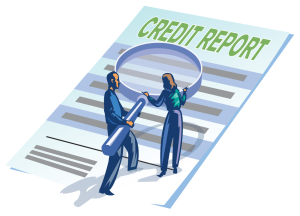 Today’s top story: Five credit reports you may not know about. Also in the news: Money gift ideas for the holidays, why your nest egg could be at risk next year, and the top money scams affecting your pocketbook.
Today’s top story: Five credit reports you may not know about. Also in the news: Money gift ideas for the holidays, why your nest egg could be at risk next year, and the top money scams affecting your pocketbook.
5 Credit Reports You Don’t Know About But Should
How’s your casino credit?
5 Money Gift Ideas for the Holidays
Financially creative gift giving.
5 Reasons Why Your Nest Egg Could be at Risk in 2016
Looking towards the future.
12 Top Scams Affecting Your Pocketbook
The latest scams you need to watch out for.


